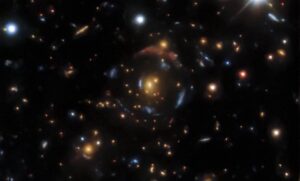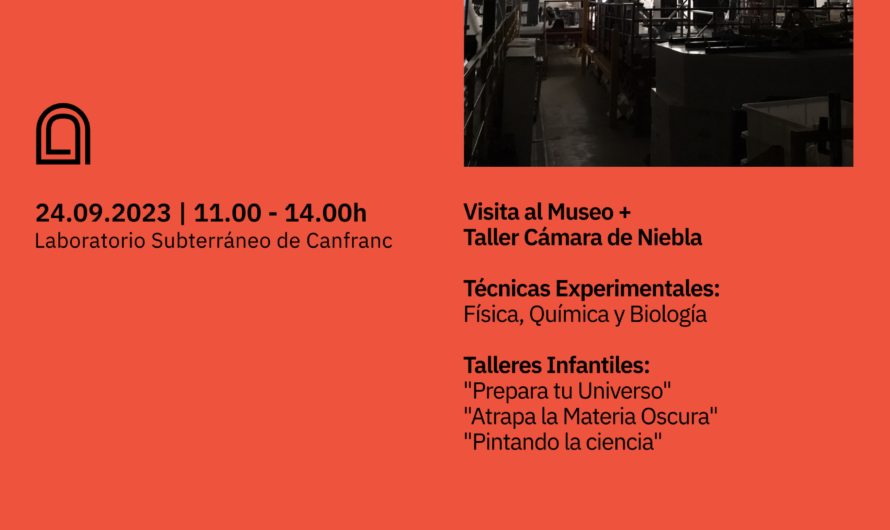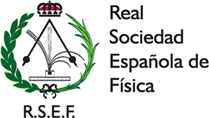Charla de Jordi Miralda
QCD axions as dark matter and their potential detection by gravitational microlensing

Jordi Miralda Escudé es ICREA Professor of Astrophysics Institut de Ciències del Cosmos
Abstract:The most distant single stars we have observed are in cases of extreme gravitational lensing magnification, when the source star crosses a lensing caustic of a cluster of galaxies that is affected by microlensing. This has enabled detections of stars at redshifts above unity with HST, and now with JWST to even fainter levels. If dark matter is smoothly distributed, microlensing should be caused only by intracluster stars, with rates and lightcurves of caustic crossings that have precise statistical predictions. Deviations from the shapes and other characteristics of these lightcurves are then a powerful probe to small-scale granularity in the dark matter, which is unavailable through other astronomical observations. In particular, if the QCD axion is present in the dark matter, minihalos predicted to have formed around the epoch of equalization can affect the lightcurves of stars that are supermagnified when crossing microlensing caustics.
Viernes 29 de septiembre, 12 horas, seminario de Física Nuclear . Online


